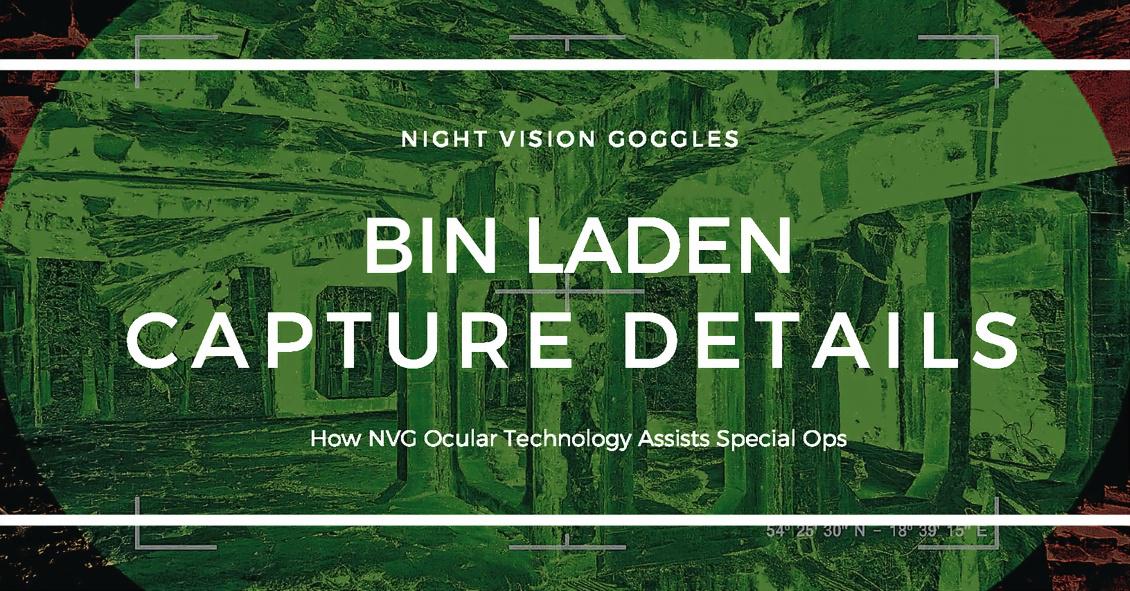
Who can forget the news of the capturing of Osama Bin Laden by our US Special forces? An interesting fact was that the Navy Seal unit that made the capture attributes much of their military success to NVGs (night vision goggles). The capture of Bin Laden, along with numerous captures of Al-Qaeda members in Desert Storm, came from night vision capabilities that were provided by this ocular technology.
The top of the line NVG has a sophisticated four tube version of an earlier model, and costs upwards of $60,000 to $65,000 per pair. They have superb capabilities to see into enemy lines for our military.
So what exactly are NVGs and what is the technology behind them? What other visual expectations do our military troops use to give us the edge in a battle?
Expertly made night vision goggles can spot a target close to 200 years away. NVG use infrared and thermal detection technology to capture the image in the darkest of circumstances. The electronic information that comes from the NVG has no color. but in order for our eyes to see it, a green picture is emitted from the screen.
What exactly do you have to be able to see to enter the military as a pilot of a plane or helicopter? To understand this, it helps to understand the difference between corrected and uncorrected vision. 20/20 vision is the ability to achieve "Normal" vision.
In other words, the patient sees the same line of letters at 20 feet that a normal person sees at 20 feet. A patient with 20/15 vision can see objects at 20 feet that a person with 20/20 vision can only see at 15 feet. Corrected vision means you can achieve 20/20 vision with glasses or contacts. Uncorrected vision is your vision without glasses or contacts.
Here are the military requirements listed by branches of the military:
Army: 20/50 uncorrected (correctable to 20/20)
Air Force: 20/70 uncorrected (correctable to 20/20)
Navy and Marine Corps: 20/40 uncorrected (correctable to 20/20)
Pilots must pass a color vision test and have normal depth perception or 3-D vision.In regards to Laser Vision Correction (LASIK), since 2007 it has no longer become a deterrent to entering the military as a pilot, as the restriction has been lifted for potential pilots.
With the knowledge of ophthalmic technology, and the requirements to achieve optical clarity for the military, its no wonder they have the cutting edge in most wars and battles. So whether you use NVG for hunting, military use, or just recreational activity, its helpful to know and understand the “why” behind the know how, and be able to appreciate the capabilities of night vision goggles.
Exciting headline news comes understanding the technology behind the capture of Bin Laden!
The content of this blog cannot be reproduced or duplicated without the express written consent of Eye IQ.

 Hydroxychloroquine (Plaquenil) was...
Hydroxychloroquine (Plaquenil) was...


